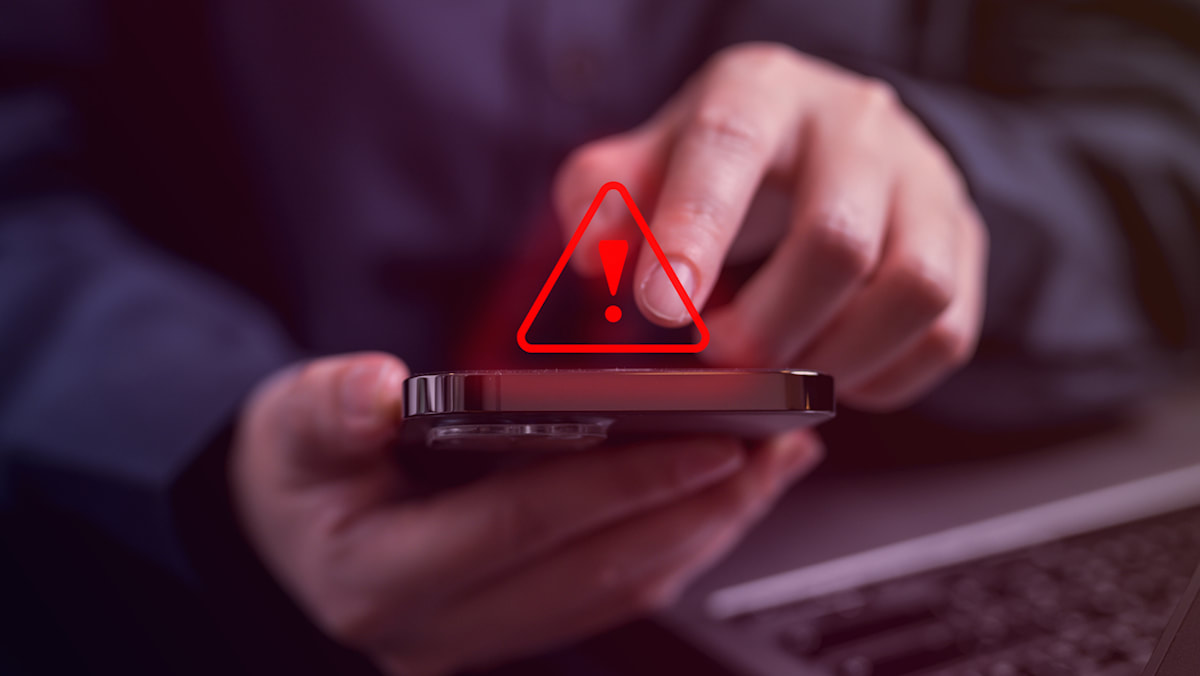CALL FOR STRONGER REGULATION
About two in three respondents of the Smart Nation Policy Perception Survey were supportive of stronger regulation to protect users from online harms, even if it resulted in less freedom for users in the online space, said MDDI.
“This shows that a clear majority accept that some regulatory restraints are necessary to protect Singaporeans from online harms like online scams, inappropriate content and misinformation,” said the ministry.
The government, industry and community have been working together to build a safer online environment, said MDDI.
“We will also work with platforms to enhance their safety measures to provide a safe experience for all users,” it added.
In a LinkedIn post on Friday, Minister for Digital Development and Information Josephine Teo said data-driven insights are key to MDDI’s work.
“As technology evolves rapidly and new online harms emerge, my colleagues and I must not only understand these technologies – their uses, limitations and risks – but also stay attuned to ground sentiments,” she said.






